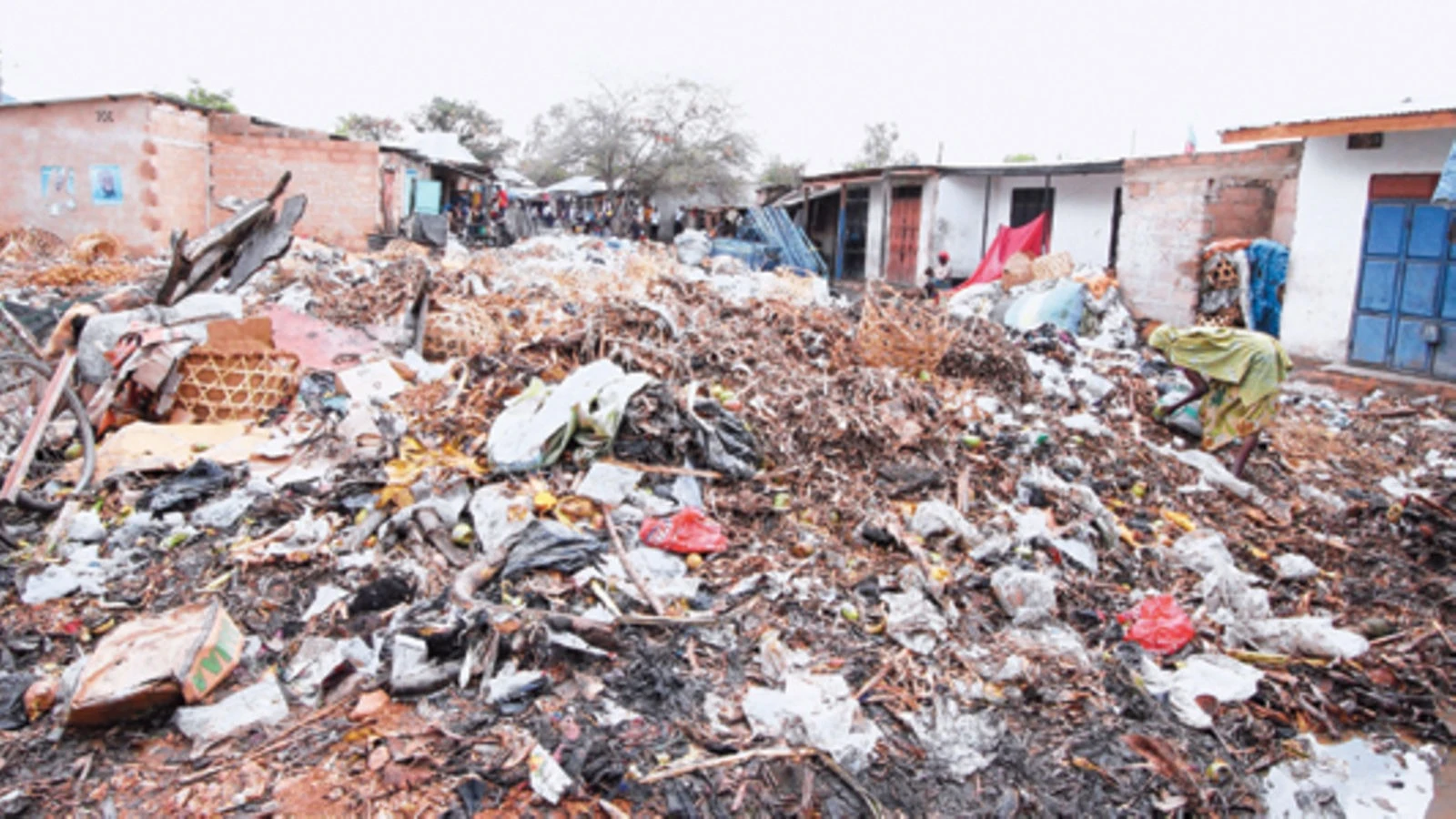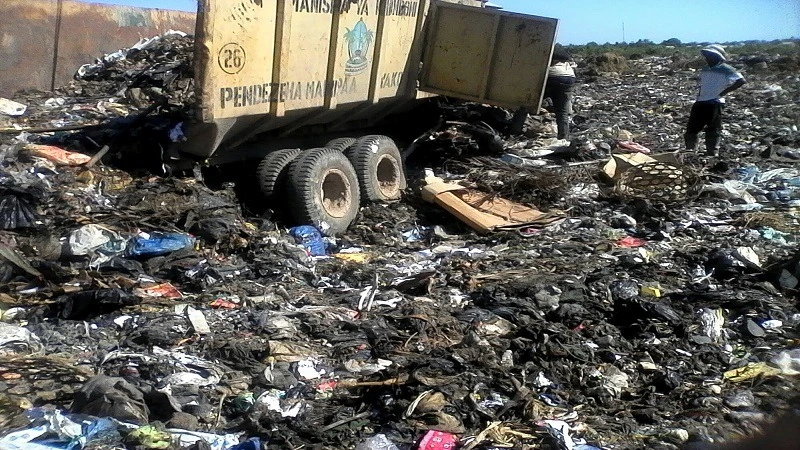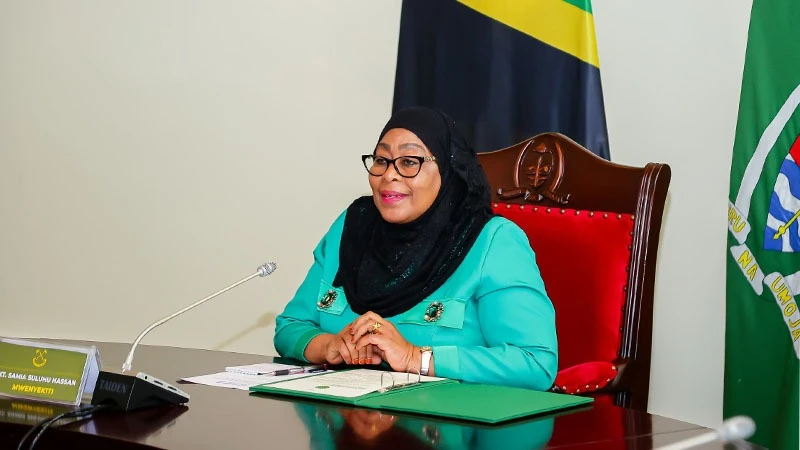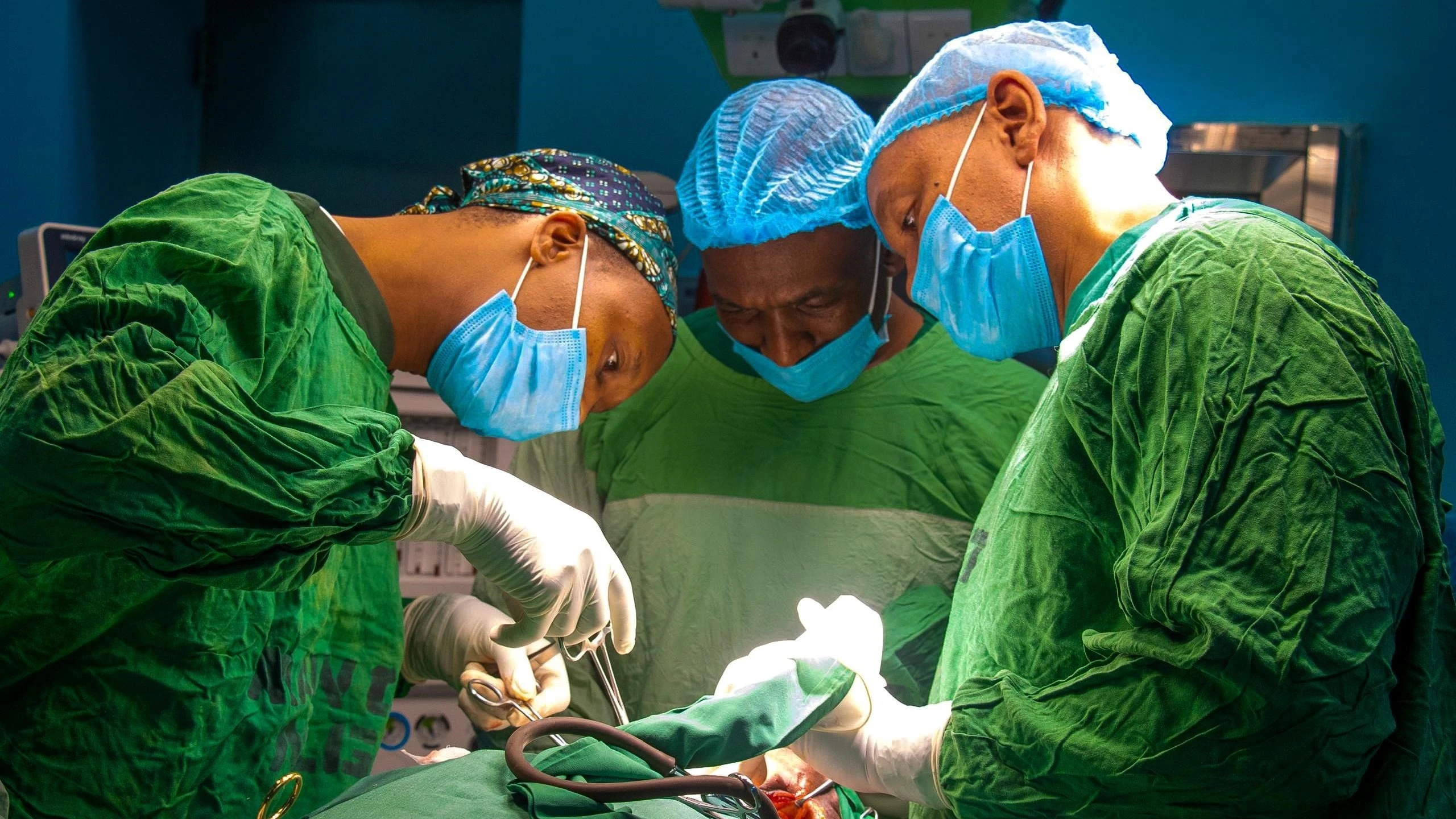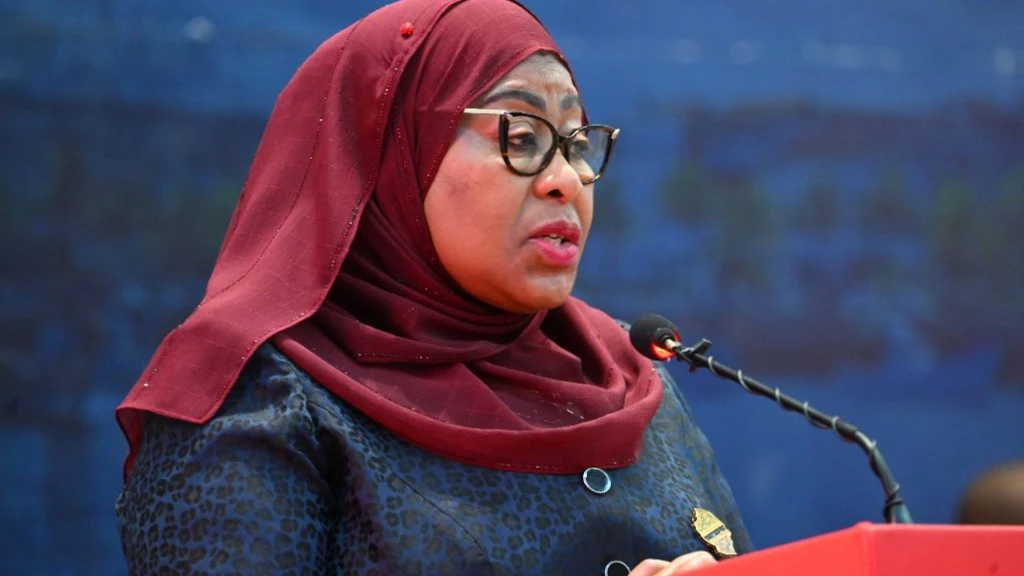UNFPA needs to be more critical on youth and development goals
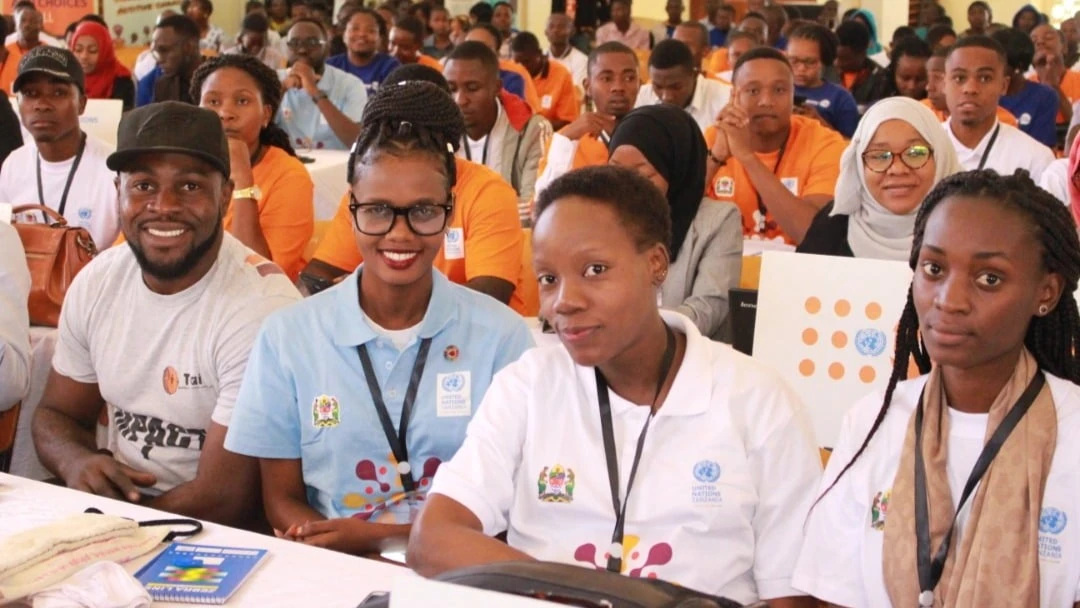
AN ages-old maxim has it that what everybody believes or considers to be exalted is often not the truth but what people often don’t wish to talk about.
This situation is especially visible in what is known as the development dialogue where, since the late 1990s diplomacy overtook economic reality, where the paradigm of economic efficiency was dropped for moral economic inclusion.
No country can be told that it is following a wrong path to growth, as privatisation was shunned as giving property to foreigners, halting fast growth.
African countries are being praised for registering growth levels of four to five per cent of GDP per annum.
The United Nations played a critical role in keeping these countries at peace with this pace of growth by redefining ‘real GDP’.
Up to that decade, real GDP was growth and discounting for population growth, meaning that 3.8 per cent growth in East Africa would come down to zero real growth.
It has only compensated for the rise in population since at the end of the day, on average, nothing would have changed.
The past few decades have seen real GDP discounted for inflation so that, if inflation is low all growth is real, while the problem of economic efficiency is now shifted to including the youth.
What the youth need is actually an expanding economy, where the state taxes much less and the sectors are opened to competition, so that jobs are created in an all-round way.
The US economy, which has no parastatals but a small number of regulatory agencies, absorbs massive numbers of migrants each year.
Still, it experienced a sharp shortage of job seekers in the wake of nearly a million deaths before Covid-19 vaccines became widespread, much less later.
Countries which protect some core strategic sectors from share purchase and competition slow down growth and cramp job creation.
Those that still retain communal land ownership, restraining capital from invading land, live with large chunks of the population in abject poverty –as is the case across Africa.
UN agencies talk not of expanding the capital base but of teaching skills. That is precisely why little comfort can be taken from an intervention by UNFPA on the need for sustainable investment in youth, ostensibly to realise the human capital that Tanzania requires to achieve its development goals.
All this may work as diplomacy rather than economics, as human capital isn’t population but rare skills. However, during an Africa-wide event mid last year in Dar es Salaam global spin doctors abandoned the worrisome notion of ‘youth bulge’ in favour of ‘human capital’.
It is in the same order of incoherence like ‘self-employment’ in that one has capital for a project and is seeking workers, and the first to be hired is, strangely, that very person.
During his time in office, former president Benjamin Mkapa popularised an expression about ‘laziness in thinking’. Despite the likely dispute as to where it would apply, this might fill some gaps.
Some African countries are at best reluctant to learn why the socialist systems in Europe collapsed, while the UN keeps talking about democracy.
Europe ended its post-war economic chaos with a US$50 billion revolving credit, while parts of Africa may keep sinking into poverty despite obtaining massive funding injections each year from the World Bank. Time for a rethink and changes of tack, perhaps?
Top Headlines
© 2024 IPPMEDIA.COM. ALL RIGHTS RESERVED






